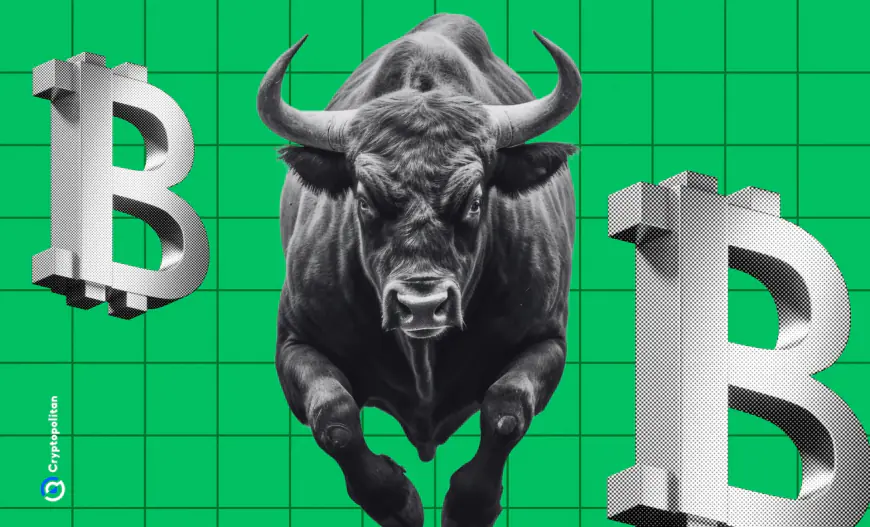Global liquidity surge points to an epic bull run on the horizon
Global liquidity is surging. Central banks are injecting capital into economies worldwide, and this has massive implications. It’s big. Asset prices are inflating, and everyone with investments stands to gain. Savers though? Not so much. Their cash is eroding in value as more liquidity floods in. This liquidity wave will drive a bull run of […]

Global liquidity is surging. Central banks are injecting capital into economies worldwide, and this has massive implications.

It’s big. Asset prices are inflating, and everyone with investments stands to gain. Savers though? Not so much. Their cash is eroding in value as more liquidity floods in.
This liquidity wave will drive a bull run of epic proportions, and Bitcoin is primed to ride it. Over time, BTC has shown a strong relationship with global liquidity.
When liquidity rises, Bitcoin tends to follow. The reverse is true when liquidity contracts, with prices falling alongside it. This has led people to call Bitcoin a “liquidity barometer.”
Central banks fuel the market
Money printers are running nonstop. The Federal Reserve is as usual the main player in this, and their metrics are mixed right now.
One thing is clear though. Daylight overdrafts are rising. Banks are pulling more funds than they have, a sign that reserves might be tight.
This could be a warning that stress is building in the system, but Fed commentary has downplayed it. Another indicator is the Reverse Repo Facility.
At the end of Q3, cash poured into the New York Fed’s reverse repo facility, reaching $2.5 trillion. That’s the highest level since June.
What does this mean? Big institutions are nervous, and they’re parking their cash somewhere safe instead of risking it elsewhere. But even with all the fear, the liquidity is flowing.
Meanwhile Federal Reserve chair Jerome Powell has hinted at the fact that the rest of his interest rate cuts this year will be significantly below the one he made earlier this month, which was 50bps.
The bank’s committee is meeting on November 6-7 and again on December 17-18. “They’re not in a rush to cut rates,” Powell said.
He mentioned that their decision will depend on two upcoming employment reports and a jobs report.
Powell also pointed out that new revisions to the National Income and Product Account show the economy is bigger, and household incomes are higher than what was initially thought.
He added that, “If the economy performs as expected, that would mean two more rate cuts this year, a total of 50 basis points more.”
What's Your Reaction?









































































































